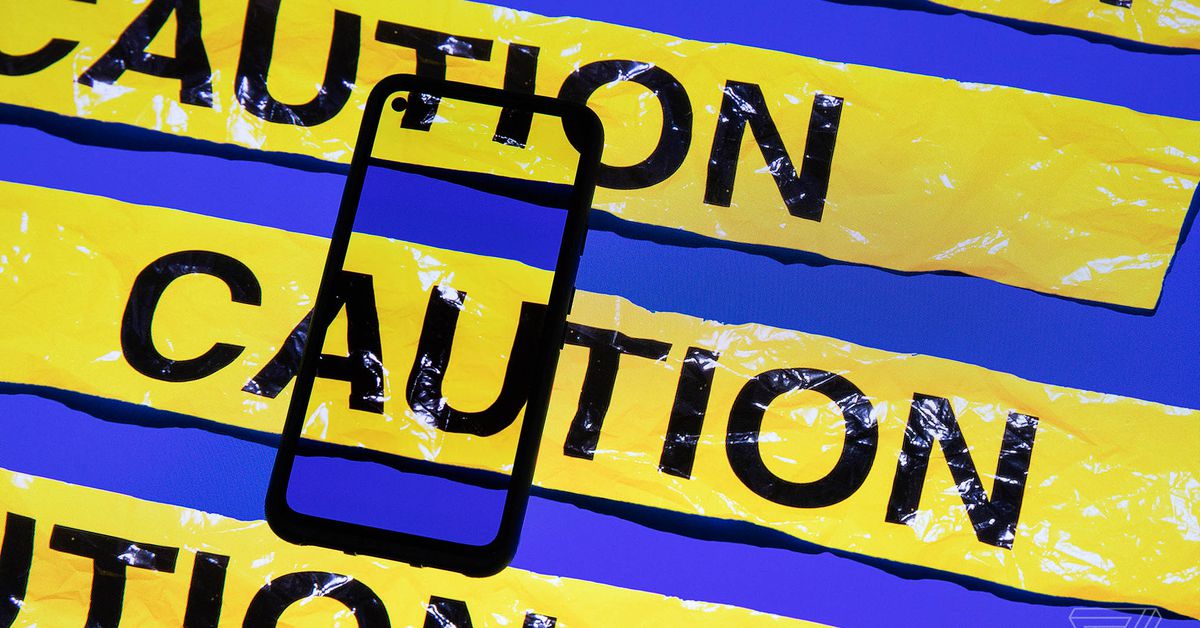Omegle can be sued for matching child with sexual predator, says court
Chat service Omegle is on the hook for a lawsuit after its matching system paired an 11-year-old girl with a man who then sexually abused her. A district judge in Portland, Oregon, said the company’s system wasn’t protected by the legal shield that covers much user-generated content. The case isn’t concluded, but it opens the door to more prosecutions based on how a platform designs its services.
The legal complaint, filed late last year, alleges that Omegle’s service was defective and falsely represented. It’s a common strategy that’s often failed in court before, including with Grindr in a harassment case, typically due to the legal protections of Section 230 of the Communications Decency Act. This time, however, Judge Michael Mosman determined that the lawsuit targeted functions specifically designed by Omegle rather than speech by other users on the platform.
“Omegle could have satisfied its alleged obligation … by designing its product differently — for example, by designing a product so that it did not match minors and adults,” wrote Mosman. “What matters for purposes of those claims is that the warnings or design of the product at issue led to the interaction between an eleven-year-old girl and a sexual predator in his late thirties.” That was independent of the actual content sent by either party, something that Omegle could more clearly argue it wasn’t responsible for.
The opinion cites a Ninth Circuit case that determined Snap could be sued for its Snapchat “speed filter,” which displayed how fast a user was moving and — according to a lawsuit — encouraged people to reach unsafe speeds that led to car crashes. (Snap removed the feature last June.)
This doesn’t necessarily mean that either suit will ultimately prevail. The ruling also threw out some claims in the case, including one that relied on FOSTA-SESTA, a Section 230 exception allowing lawsuits based on federal trafficking statutes. (The court held that this case was based on state law, which the judge determined wasn’t covered by the rule.)
But the judge’s reasoning gets around the early dismissals that Section 230 often allows, something that’s a benefit in cases involving frivolous lawsuits but that critics have argued short-circuits valid claims. It bolsters a strategy favored by C.A. Goldberg, the victims’ rights-focused legal practice behind this suit and the failed case against Grindr (among other cases). And if the decision is upheld by higher courts, it could become one of multiple suits that sets up a battle over Section 230 in the Supreme Court — where some justices appear open to reconsidering the rule’s scope.
For all the latest Technology News Click Here

